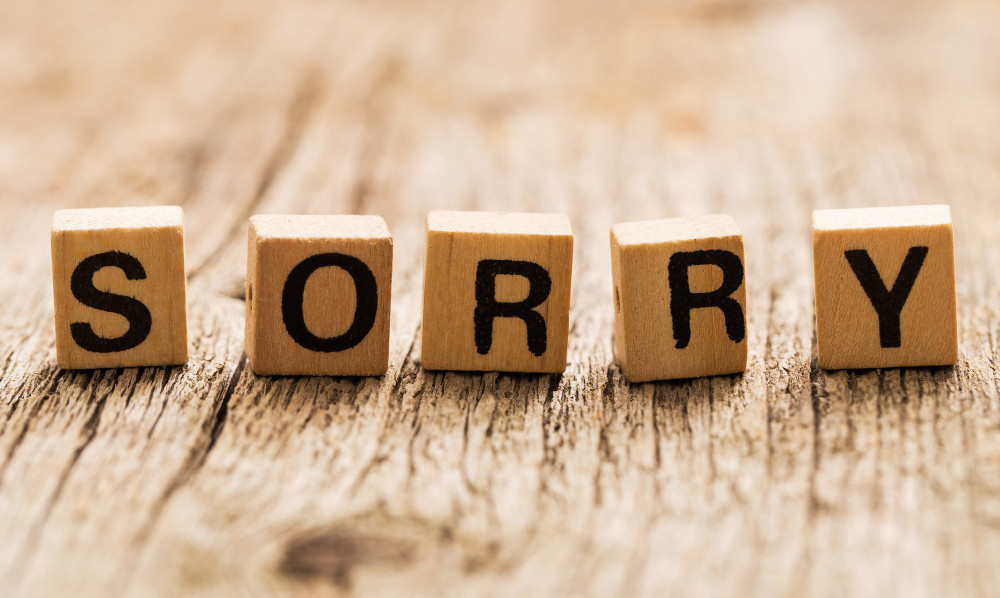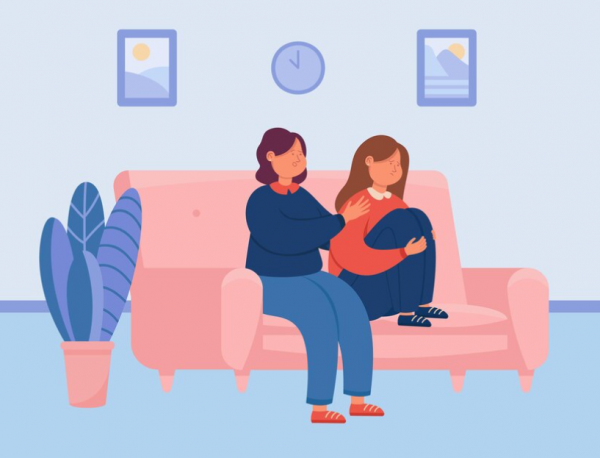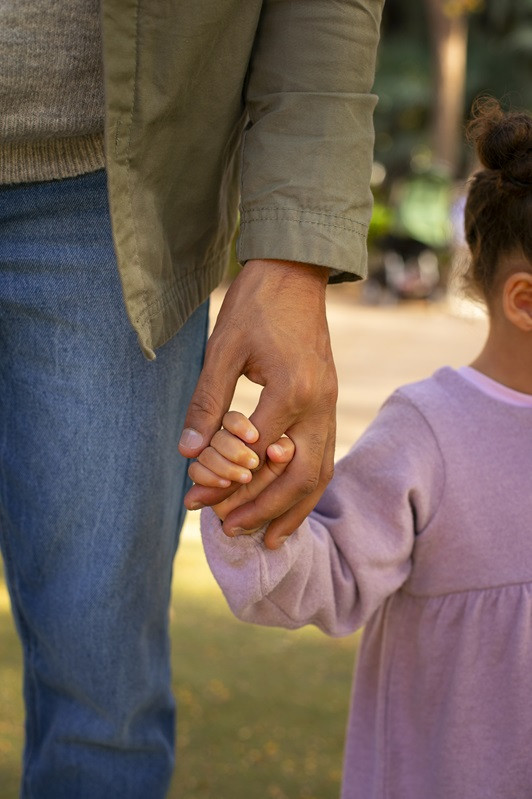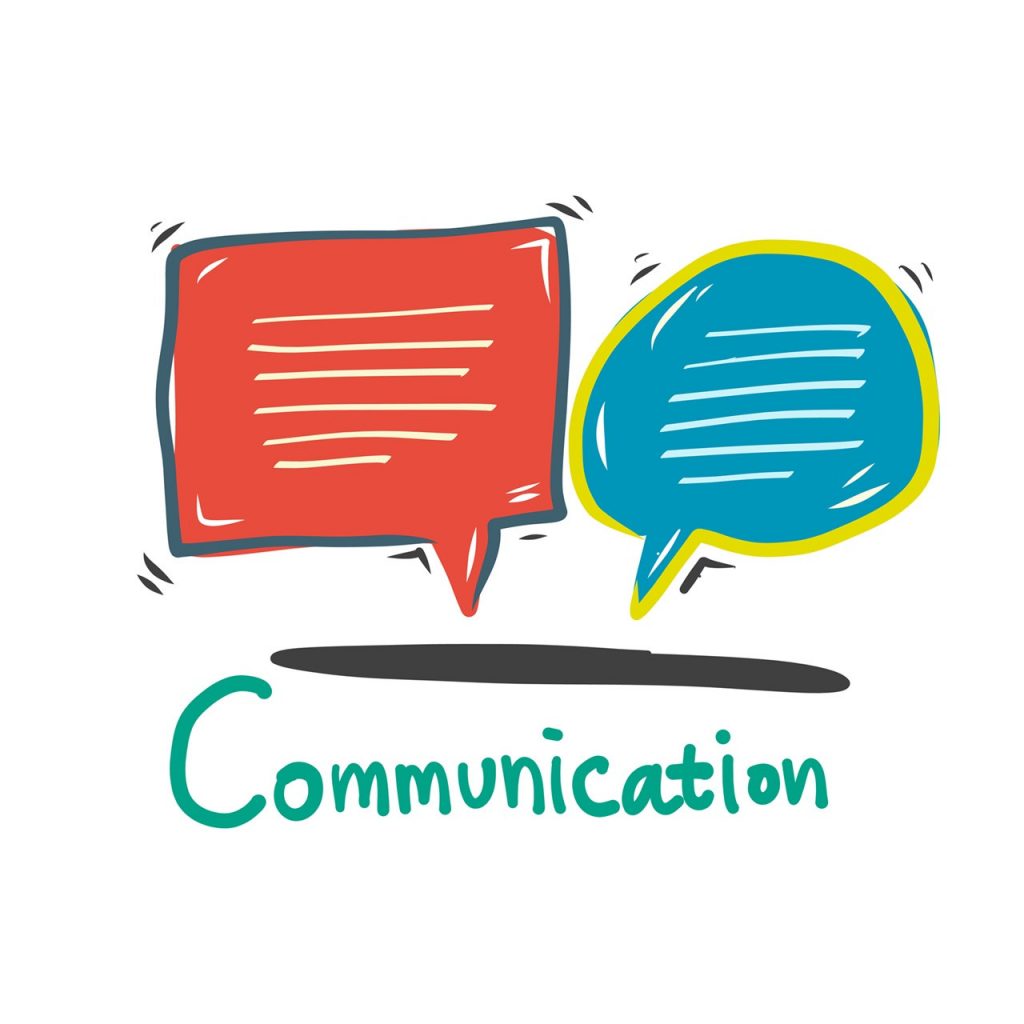Why Apologizing to Your Kids Matters (and How to Do It Right)

©️ Racool_studio / Freepik
Being a parent is a beautiful, messy journey. We strive to guide our children with love and patience, but sometimes, we fall short. Maybe you raised your voice in frustration, broke a promise, or did not listen attentively. In these moments, a sincere apology can go a long way in repairing the parent-child bond. But apologies are not just about saying “sorry.” They are about taking responsibility, acknowledging your child’s feelings, and demonstrating a willingness to rebuild trust. In this article, among other things, you will learn some effective parenting apologies.
Why Apologizing to Your Kids is Important
Here is why a heartfelt “sorry” is a powerful parenting tool that goes beyond simply saying the words:
1. Teaches Accountability
It shows your children that everyone makes mistakes, but taking responsibility is key. When you apologize, you model the importance of owning up to your actions. This helps them develop a healthy sense of self-awareness and fosters a growth mindset where they learn from their mistakes.

2. Models Healthy Relationships
Apologizing demonstrates how to navigate conflict constructively and repair hurt feelings. It shows your children that disagreements are a normal part of life, but that respect and understanding can help us move forward. They learn that apologies are a necessary ingredient in healthy relationships, both with you and with others.
3. Strengthens Trust
When you admit your mistakes, it builds trust and strengthens the foundation of your relationship. Your child feels valued and respected, knowing that their feelings are acknowledged. This fosters a safe space for open communication and allows them to feel comfortable expressing themselves freely.

4. Promotes Empathy
By apologizing, you validate your child’s feelings and show that you care about their perspective. It teaches them the importance of considering how their actions might affect others, building a foundation for empathy and compassion.
Saying Sorry the Right Way: A Guide to Effective Parenting Apologies
An apology is more than just a word. Here is how to make your “sorry” resonate with your child and truly mend the situation:
1. Acknowledge and Take Ownership
Start by clearly stating what you did wrong. Avoid phrases like “I’m sorry you feel that way.” Instead, say, “I’m sorry I yelled at you earlier. It wasn’t okay.” Be specific about your actions and avoid minimizing the situation.
2. Explain Your Emotions (Optional)
Briefly explain why you reacted the way you did, but avoid making excuses. You can say, “I was feeling overwhelmed when you forgot to clean your room, but that doesn’t excuse my behavior.” Taking some ownership of your emotions shows your child that everyone experiences them, but it’s how we manage them that matters.
3. Validate Their Feelings
Recognize their hurt by saying, “I know my words were hurtful, and I’m truly sorry.” Let them know their feelings are valid and deserve to be acknowledged. This creates a safe space for them to express themselves openly without fear of judgment.
4. Offer Amends
Is there a way to make things right? Maybe a hug, a shared activity like reading a bedtime story together, or revisiting the situation with a calmer approach. This demonstrates your willingness to repair the damage and rebuild trust.
5. Be Sincere
Speak with genuine remorse and make eye contact. A heartfelt apology shows you understand the impact of your actions. Your tone of voice and body language should reflect your sincerity.
6. Keep it Age-Appropriate
Tailor your apology to your child’s age and developmental level. Young children may respond better to a simple, direct apology with a hug, while older children might appreciate a more nuanced explanation of your emotions and thought processes.

Repairing the Bond: Moving Forward After an Apology
A sincere apology opens the door for reconciliation. Here are some ways to move forward and strengthen your connection with your child:
- Be Patient: Give your child time to process their emotions. They may need some space before they’re ready to fully engage.
- Open Communication: Encourage open communication and be willing to listen to their perspective. Ask them how they’re feeling and what they need from you. This allows them to feel heard and understood.
- Learn and Grow: Use this experience as a learning opportunity. Reflect on what triggered your behavior and explore ways to manage your emotions better in the future. Consider parenting resources or courses that can help you develop coping mechanisms for stressful situations.
By embracing the power of apology, you can strengthen your relationship with your child, build trust, and create a more positive and understanding family environment. Remember, even superheroes need to say sorry sometimes! And when they do, they model the important life lesson of accountability and emotional intelligence for their little heroes. We hope these effective parenting apologies will help you to become a better parent.
Have you ever apologized to your kids? Tell us in the comments.
You may also like: How Can You Rebuild Trust After It Has Been Broken?


